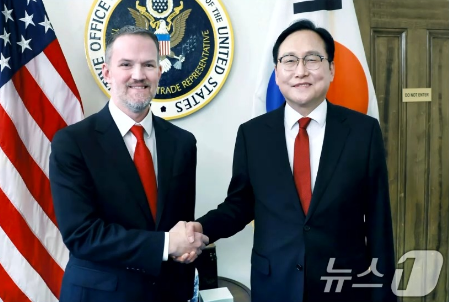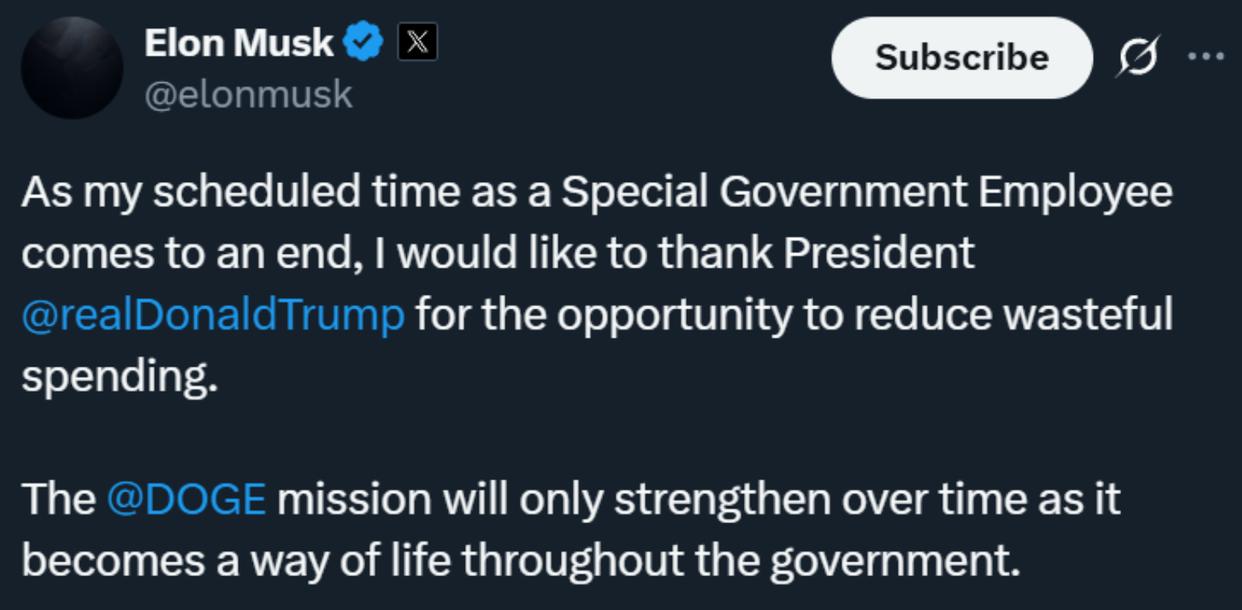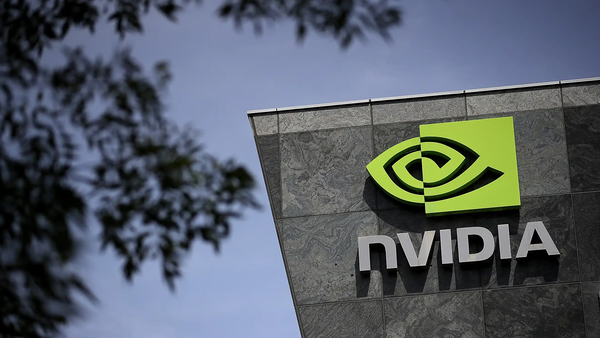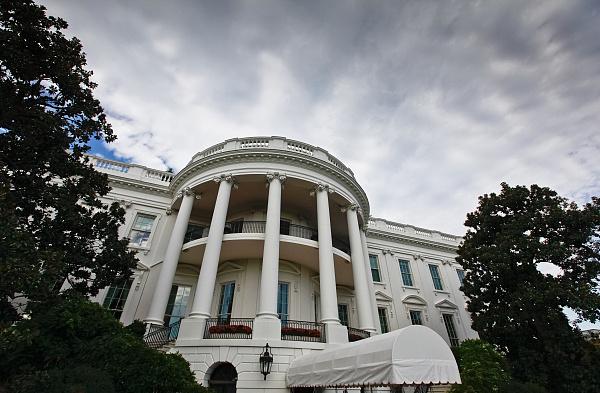
According to South Korean media reports, Hyundai Steel, South Korea’s second largest steel manufacturer, recently announced that it has entered a state of “emergency management”. South Korean media analysis pointed out that Hyundai Steel has suffered multiple blows from the sluggish South Korean construction market, foreign steel product competition, and union strikes, and the 25% tariff imposed by the United States on all imported steel and aluminum products since March 12 has made the situation even worse. Last year, South Korea’s steel exports to the United States ranked fourth. At present, the South Korean government has asked the United States to grant tariff exemptions, or at least give South Korea “non-discriminatory treatment.”
It is worth noting that the tariff policy has hit South Korea’s small and medium-sized steel and aluminum companies particularly hard due to insufficient resources and response capabilities. According to South Korea’s YTN TV station, it is estimated that there are about 1,800 South Korean small and medium-sized enterprises affected by US tariffs. The government has planned to provide support to these companies. However, even so, the overall outlook for South Korea’s steel industry is still not optimistic. It is predicted that the US tariff policy this time may cause the South Korean steel industry to bear a burden of more than 1.2 trillion won.
Faced with the pressure of US tariff policies, Zheng Renjiao, director of the Trade Negotiation Bureau of the Ministry of Trade, Industry and Energy of South Korea, recently visited the United States and held talks with US Trade Representative Jamison Greer in Washington. According to the Korea Economic Daily, after the talks, Zheng Renjiao said that because the United States plans to impose “reciprocal tariffs” on April 2, he has asked the United States to exempt South Korea from tariffs or at least give it the same non-discriminatory treatment as other major countries.








